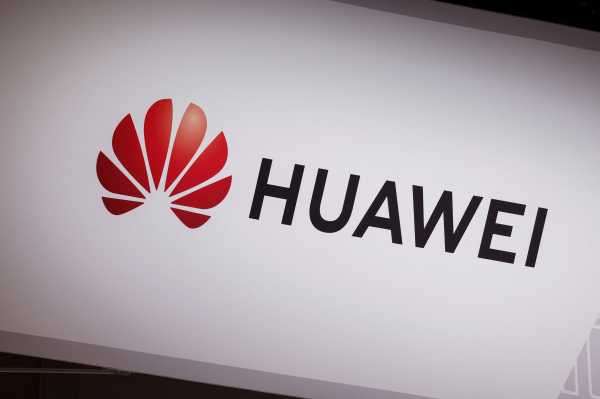China’s Huawei says first-half profit drops 52% as demand weakens

A logo of Huawei Technologies is seen at its exhibition space, at the Viva Technology conference dedicated to innovation and startups at Porte de Versailles exhibition center in Paris, France June 15, 2022. REUTERS/Benoit Tessier
SHENZHEN, China, Aug 12 (Reuters) – Huawei Technologies (HWT.UL) said on Friday its first-half net profit more than halved as a difficult economy curtailed demand from customers, compounding woes brought by U.S. technology restrictions.
Revenue dropped 5.9% year-on-year during the period to 301.6 billion yuan ($44.73 billion), with a sharper decline during January-March.
"While our device business was heavily impacted, our ICT infrastructure business maintained steady growth," said Ken Hu, Huawei's rotating chairman, referring to its business to business enterprise unit.
The Chinese technology firm's profit margin narrowed to 5%, with a net profit of 15.08 billion yuan, according to Reuters calculations, down from 31.39 billion yuan in the first half of 2021.
A weak economy, COVID-19 disruptions and supply chain challenges hurt the company's device business that sells smartphones and laptops, a company spokesperson said.
Revenue from that business slumped by more than a quarter to 101.3 billion yuan. Its carrier and enterprise businesses both saw growth.
Huawei also boosted investment into new technology and businesses, which impacted profit.
Second-quarter sales in the wider Chinese smartphone industry fell 14.2% year-on-year, while volumes hit a decade low, Counterpoint Research said last month.
The United States placed Huawei on an export blacklist in 2019 that barred it from accessing critical technology of U.S. origin, hurting its ability to design chips and source components from outside vendors.
The ban devastated the company's once dominant handset business.
Huawei is building new business lines, including smart car components and energy efficiency systems, with its cloud services business, taking 18% of China's growing market, according to consultancy Canalys.
Huawei has also rolled out its own proprietary Harmony operating system, which is now being used on 300 million Huawei devices.
"We will harness trends in digitalization and decarbonization to keep creating value for our customers and partners, and secure quality development," said Hu.
($1 = 6.7423 Chinese yuan renminbi)
Reporting by David Kirton; Editing by Mike Harrison
Our Standards: The Thomson Reuters Trust Principles.
Source:www.reuters.com



